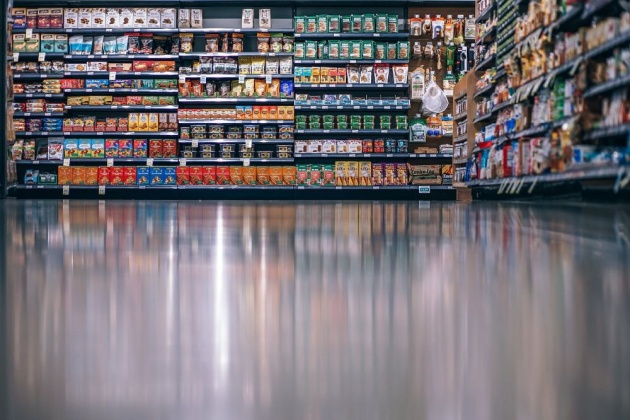
IMAGE CREDIT: Fancycrave VIA Pexels
Hello guys!
I hope you'll be fine and in good health. The blog is about kinds of retailers. First, retailers could be small or large scale businessman, who are indulged in buying and selling of goods & services. Here the definition of retailers as per Wikipedia:
"Retail is the process of selling consumer goods or services to customers through multiple channels of distribution to earn a profit. Retailers satisfy demand identified through a supply chain. The term "retailer" is typically applied where a service provider fills the small orders of a large number of individuals, who are end-users, rather than large orders of a small number of wholesale, corporate or government clientele. Shopping generally refers to the act of buying products. Sometimes this is done to obtain final goods, including necessities such as food and clothing; sometimes it takes place as a recreational activity. Recreational shopping often involves window shopping and browsing: it does not always result in a purchase."
SOURCE: Wikipedia
Retailers are basically classified into two categories:
- · Small-scale retailer
- · Large-scale retailer
First, I'm going to start with the small-scale retailer.
Small-scale retailers
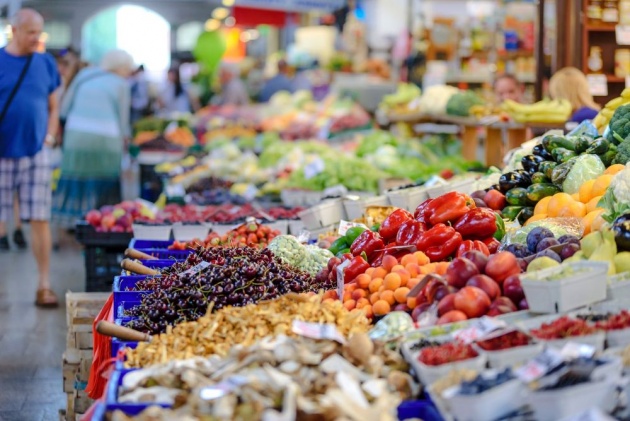
IMAGE CREDIT: PhotoMIX Ltd. VIA Pexels
These are the shops, where goods & services bought and sold on a limited level. This business is considered as a source of limited income and can be started with small capital. Small-scale retailer is also further classified into three groups:
- · Mobile retailers
- · Street stall holders
- · Independent retail stores
All three are those have further kinds, which I'm going to discuss in this blog.
Mobile retailer:
These retailers have no fixed shops for operating their business. They deal in a limited variety of goods and can easily and rapidly change place and locality of their business as well as the nature of goods according to the demand. There are further classified into:
(1) Peddlers:
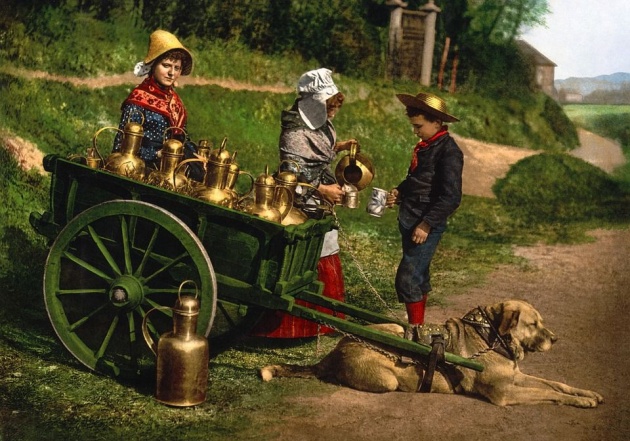
IMAGE CREDIT: WikiImages VIA Pixabay
They sell the items of daily use vegetables, fruits and milk in the streets by carrying them without any vehicle. They sell the goods at cheaper rates. Normally the poor and low-income people buy from them. Peddlers have access only to particular area or locality.
(2) Hawkers:
They use any conveyance like a bicycle, motorcycle, handcart, and van for carrying the goods & services. They save the time of customers by providing goods & services of daily use at their doorstep. They can go to farther areas using their conveyance.
Street Stallholders:
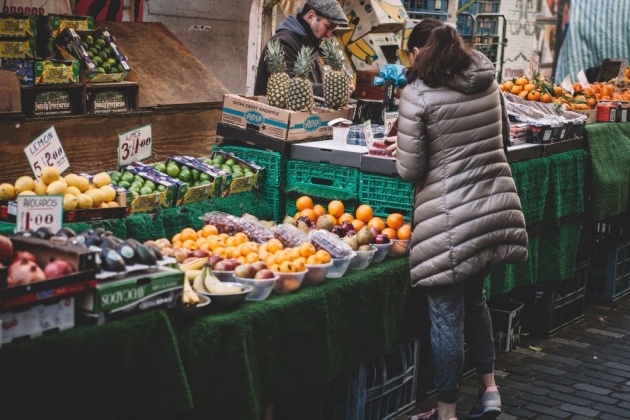
IMAGE CREDIT: Clem Onojeghuo VIA Pexels
These are also small retailers but do not move like mobile retailers. They have permanent small shops in the streets or sometimes in their own houses. Street stallholders sell goods & services of daily use and provide services like hair cutting and repairing of equipment to the people of locality. Grocery items like vegetable, fruits, cloth, shoes, milk are sold through such retail shops.
Independent retail stores:
Independent retailers are the oldest and common types of retail business. Mostly the sole proprietors own these shops, general store, cloth shop and medical stores. In some cases the owners employ sales assistants to look after the business in their absence. These stores are consisted of single shops having no branches. This shop may be owned by trader or taken on rent basis. Independent retail stores are further classified as:
(1) General stores:
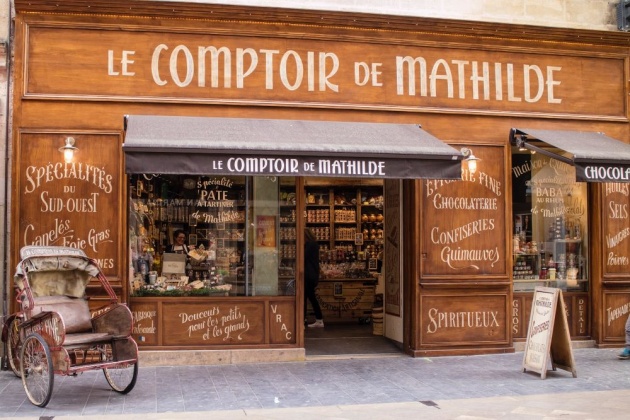
In general stores large variety of merchandise are sold. retailer in this shop keeps almost all the goods of daily use, flour, sugar, ghee, pulses, cosmetics and toys. These are established near to or inside the residential areas. Consumers can purchase any commodity needed by them from these stores.
(2) Special stores:
In these stores a particular commodity like cloth, medicine, furniture is sold, the nature of the business can be added with the name of shop. A customer can purchase that particular commodity from these stores. It is independently owned and may be small in size or fairly large retail establishment.
(3) One price shop:
Some retail traders deal in various items, having same prices. The prices of the commodity are very low which a person can afford easily. The customer is assured of being charged only a particular price. These shops may be big or small in size depending upon the capital invested in it. The goods may include toys and cloth.
(4) Auction house:
In these shops, goods are sold by auction. An auctioneer sells goods of this principle through a public auction. All the information regarding time, place and variety of goods are provided in advance through newspapers or pamphlets. The goods to be sold are displayed at the place of auction to facilitate the prospective buyers. The seller usually quotes the minimum price from where the auctioneer starts his sales. The goods are sold to that person who quotes the maximum price.
(5) Discount Stores:
These are also known as discount houses, fair price or cut-price shops. It is a recent development in the distribution of products. These stores sell large number of products at price lesser than the listed one and meet the requirement of price-conscious customers. Generally manufacturer to dispose off their products having little defects run discount stores. This devices is also suitable for selling outdated or substandard goods.
(6) Vending machines:
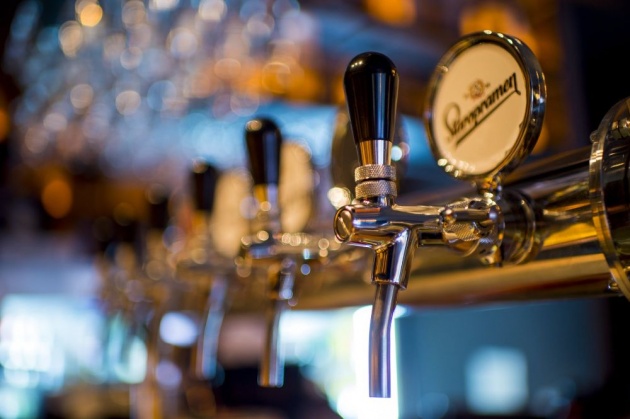
IMAGE CREDIT: Pixabay VIA Pexels
The automatic coin-operated machines are installed at various public points, airport, railway station, bus stand and markets to sell various things to consumers. The intended buyers put the coin into machine, and in few seconds get the required item. Usually this method is used for food items, cigarettes, sweets and soft drinks. There is no need for salesman for handling a vending machine. The goods once sold are not returnable.
Large Scale Retailing
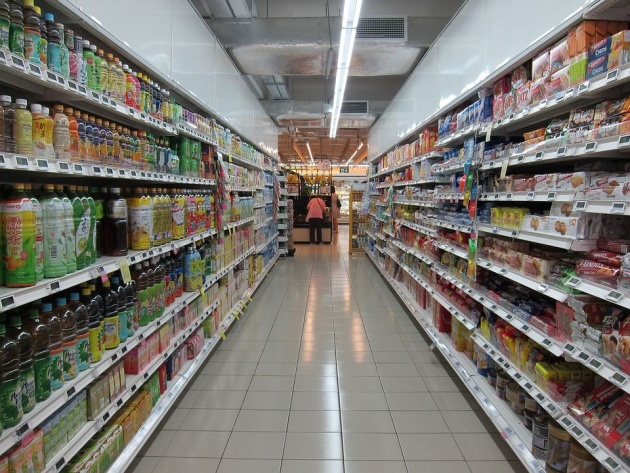
IMAGE CREDIT: ccipeggy VIA Pixabay
Independent retail stores deal with goods at small scale as they have less capital. But this is the era of mass production. Therefore, big retail stores are the need of hour. Large-scale retailing brings down economies in advertisement and other overhead expenses. These stores are setup in busy markets and bazaars to provide quality goods. Normally, high-income people take the advantage of these shops.
Well, following are the types of large-scale retailers.
(1) Departmental stores:
A departmental store is large-scale retail-shop. It has numerous departments. Each department deals in particular kind of commodity. All the departments are under one roof and supervised by single management. These stores have variety of commodities and consumers can get their required items from situated at a place where consumers can reach easily, because they require large number of customers. Sales of a departmental store must be huge to meet the expenses of its organization.
(2) Chain stores:
A chain store is one of a group of stores of the same type. It is centrally owned having some degree of uniformity in operation, signboards, internal and external decoration, quality and price. In this type of retail business, retail units are expanded or scattered in various localities. The customer show more trust in these shops due to their qualities and goodwill. Their central office or head office is situated at a place where goods are manufactured. If the stores are engaged in manufacturing and selling, they are known are manufacturer retail stores. But when they purchase from others to sell, they are known as middlemen multiple shops. In Pakistan, Bata Shoe Co. and Shezan Bakers are the examples.
"A multiple shop consists of a number of similar shops owned by a single business firm"
-James Stephenson
(3) Consumers cooperative stores:
Consumers cooperative societies are associations of consumers engaged in retail trade. The supply of capital, management or sale and purchase of goods are the responsibility of the members of society. For the purpose of capital, shares are issued to members. The members elect a committee to manage the business affairs of society. These stores purchase goods directly from manufacturers and distribute them on retail basis to its members and outsiders. They work on non-profit basis and for the welfare of the members.
(4) Supermarkets:
It is also large-scale retail business organization dealing mostly in food products. Customers are provided trolleys in which they keep their purchases. After collecting all the goods, buyer goes with trolleys to exit where he has to pay the prices of all the article purchased. They known as self service stores. The main feature is to minimize the role of salesmen and purchasers work on the principle of buy and pay.
(5) Hire-purchase shops:
In this system purchaser enters into an agreement with the seller for paying the price of the goods purchased in installments. The buyer takes up the possession of goods immediately but he will become the owner of goods after paying the last installment. Further the hire vendor charges some interest on the cash price due. The hire vendor possesses the right of taking back the article if the installments are no properly paid. Hire purchase system is suitable in case of those articles whose life is more than the period installment, that could be fridge, deep freezer, T.V, A.C, washing machine, fan, bicycle and sewing machine. Due to this system, the low income people can buy these things easily.



